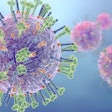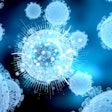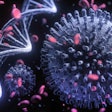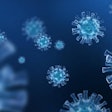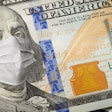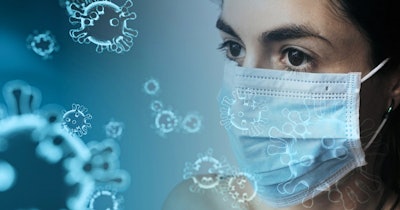
When the first cases of human SARS-CoV-2 infection were reported from Wuhan, China, in December 2019, science and health communities quickly agreed that learning the facts about a virus’s emergence and origins would help prevent future outbreaks.
In an editorial published Thursday in Science, infectious disease epidemiologist Maria Van Kerkhove, PhD, criticized the politicization that has since clouded this quest. Over the past three years, while COVID-19 deaths increased to nearly 7 million worldwide, the science on the virus’s origins has declined while the politics surrounding it have grown larger, Van Kerkhove wrote.
The World Health Organization (WHO) learned in March 2023 that scientists in China possessed data on viral samples from Wuhan that had been gathered in January 2020. “These should have been shared immediately -- not three years later. The lack of data disclosure is simply inexcusable,” writes Van Kerkhove, who is the COVID-19 technical lead at WHO.
Van Kerkhove said she believes that unshared data exist on the wild and farmed animal trade as well as human and animal testing across China, Wuhan labs studying coronaviruses, and the earliest potential cases.
WHO continues to call on all countries to immediately share their data concerning the virus’s origins. When the organization established the Scientific Advisory Group for the study of the Origins of Novel Pathogens (SAGO) in 2021, one goal for these international science experts was to study SARS-CoV-2’s origins. Upon learning of the newly released data, WHO convened a meeting between SAGO, China CDC scientists, and international researchers.
SAGO concluded that the new data provide important clues in understanding the amplification role that the Wuhan animal market played at the onset of the COVID-19 pandemic. Analysis indicated that some of the market animals could have been intermediate hosts. However, studies are still needed to trace those animals to their source and test them, along with serologic studies of the workers in Wuhan’s live animal markets and in the source farms.
Without further investigation, the factors that led to this pandemic cannot be fully understood, according to Van Kerkhove. “Every new piece of data could potentially move the world closer to stopping another pandemic -- perhaps a worse one -- in the future,” she writes. “The failure to share information only fuels politicization of origins tracing and keeps all hypotheses viable.”
SAGO will publish a status report about SARS-CoV-2’s origins later this year.
“The world needs to move away from the politics of blame and, instead, exploit all diplomatic and scientific approaches so the global scientific community can do what it does best -- collaborate, focus on this health crisis, and find evidence-based solutions to thwart future pandemics,” writes Van Kerkhove. “The longer it takes to understand the origins of the pandemic, the harder it becomes to answer the question, and the more unsafe the world becomes."









